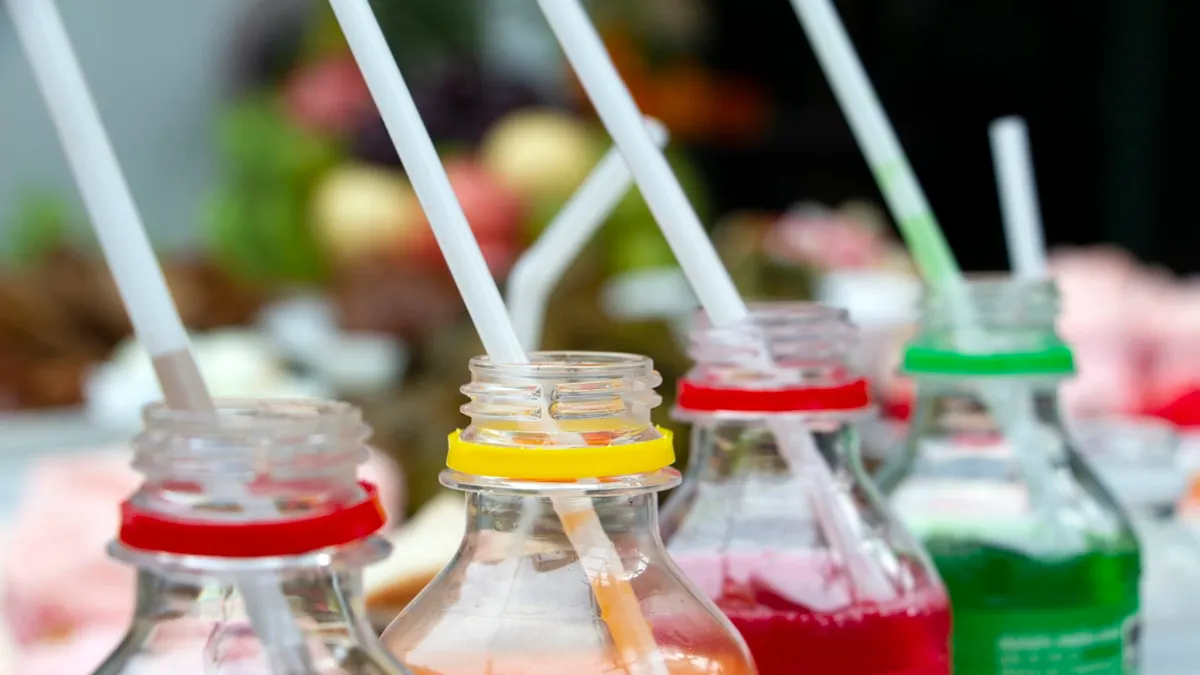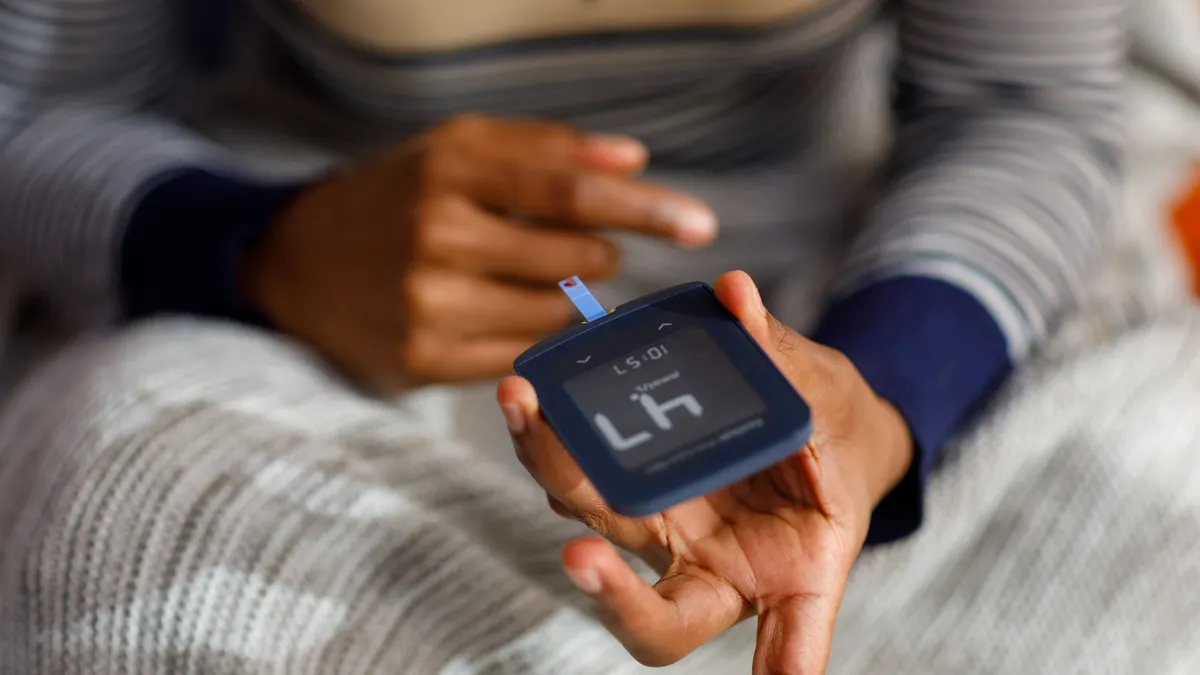

Millions of new cases of diabetes and heart disease every year are caused by sugary drinks, according to newly published research.
Tufts University in Boston led the study, which found that about 2.2 million new diagnoses of type 2 diabetes and 1.2 million new cases of cardiovascular disease were attributed to sugar-sweetened sodas and juices each year, according to a press release.
The findings were published in the journal Nature Medicine this week.
HEART ATTACK RISK COULD RISE WITH ARTIFICIAL SWEETENER CONSUMPTION, STUDY FINDS
The highest rates were found in Colombia, where 48% of new diabetes cases were linked to sugary drinks, and in Mexico, where nearly a third of cases were attributed to them.
Meanwhile, in Latin America, more than 24% of new diabetes cases were linked to sugary beverages, and 21% in sub-Saharan Africa, the study found.

In South Africa, 27.6% of new diabetes cases and 14.6% of cardiovascular disease cases were attributed to sugary drinks.
Sugary drinks cause blood sugar to spike because they are "rapidly digested," the research team said.
When consumed on a long-term basis, these types of beverages, in addition to increasing the risk of type 2 diabetes and heart disease, can also lead to weight gain and insulin resistance, the researchers added.

Professor Dariush Mozaffarian, the study's senior author, said in a university press release, "Sugar-sweetened beverages are heavily marketed and sold in low- and middle-income nations."
He added, "Not only are these communities consuming harmful products, but they are also often less well-equipped to deal with the long-term health consequences."
FRIENDS, FAMILY MAY PROTECT AGAINST HEART ATTACK, STROKE AND TYPE 2 DIABETES, STUDY SUGGESTS
Certain groups are more likely to experience negative health effects from sugary drinks, including men and younger adults, the researchers noted, as news agency SWNS also noted.
New Jersey-based registered dietitian Erin Palinski-Wade, who was not involved in the research, said the findings were to be expected, as diets rich in added sugars are more likely to increase the risk of chronic health conditions, including type 2 diabetes.

"Sugar-sweetened beverages are a major cause of added sugar in the diet and easy to overconsume, as they provide little fullness," she told Fox News Digital.
"The high calorie content and lack of satisfaction due to little protein, fat or fiber in these drinks can lead to excess calorie consumption, which can lead to weight gain — especially gains in visceral fat (belly fat), which has been found to increase the risk of type 2 diabetes," she went on.
Palinski-Wade pointed out that there were some limitations to the new research.
"This was an observational study, not a causation study, and shows only an association between diets containing sugar-sweetened beverages and diabetes," she noted.
"It does not prove that those drinks alone trigger an onset of type 2 diabetes."
To remedy the issue, the study authors called for a "multi-pronged approach," including public health campaigns, regulations on advertising and taxes on sugar-sweetened beverages, the release stated.
TO SIGN UP FOR OUR HEALTH NEWSLETTER
"We need urgent, evidence-based interventions to curb consumption of sugar-sweetened beverages globally, before even more lives are shortened by their effects on diabetes and heart disease," first author Laura Lara-Castor, now at the University of Washington, said in the release.

Mexico implemented a sugary drinks tax in 2014, which has shown to be effective in reducing consumption, the researchers stated.
"Much more needs to be done, especially in countries in Latin America and Africa, where consumption is high and the health consequences severe," wrote Mozaffarian.
For more Health articles, visit www.foxnews.com/health
"As a species, we need to address sugar-sweetened beverage consumption."
Many different factors are involved in insulin resistance and type 2 diabetes, Palinski-Wade noted.
"However, reducing your intake of sugar-sweetened beverages can go a long way toward improving overall blood sugar regulation and future health."
The new research was supported by the Gates Foundation, the American Heart Association and Mexico’s National Council for Science and Technology.


